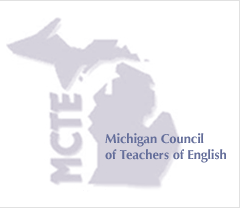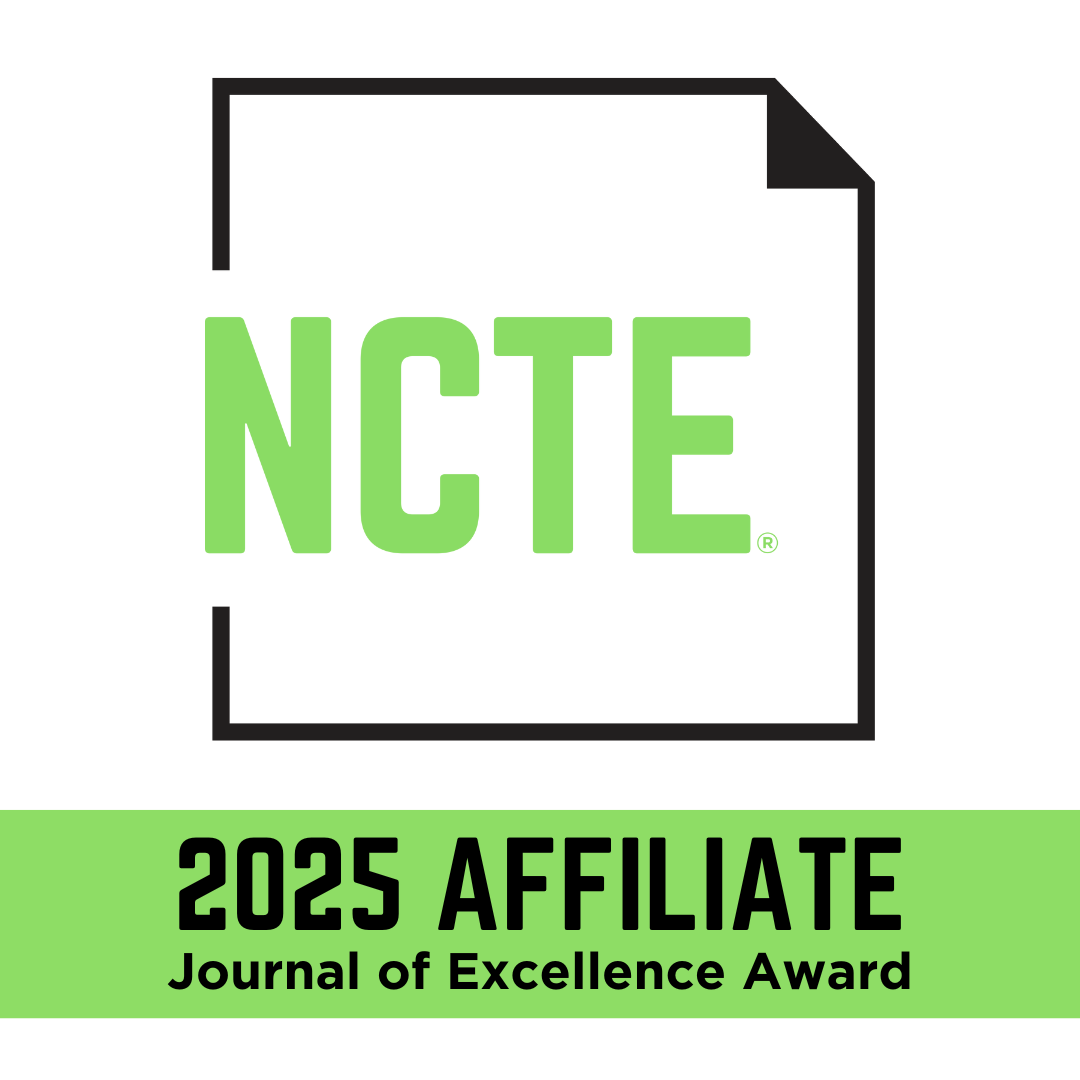Author Biographies
Katelyn Walsh is a teacher of mainstream English with EL students at Crestwood High School in Dearborn Heights. She has an undergraduate degree in English Education and a Master’s Degree in TESOL from Eastern Michigan University where she participated in the research for the WritEL grant encompassing argumentative writing. Katelyn is interested in developing individually scaffolded curriculum for her ESL students, providing a safe and culturally attentive classroom, and building and strengthening students’ analytical toolbox.
Katey Robinson is a teacher of mainstream English with EL students at Legg Middle School in Coldwater, MI. She has an undergraduate degree in English Education from Western Michigan University and a Master’s Degree in TESOL from Eastern Michigan University where she also was involved in the WritEL grant, that consisted of argumentative writing research specifically for ESL students. Her scholarly interests include creating a culturally responsive classroom, developing a diverse and dynamic classroom library, strengthening source-based argumentative writing skills, and encouraging analytical thinking skills.
Rachel Deacon is a teacher of English and ESL at Pioneer High School in Ann Arbor. She has an undergraduate degree in English Education from Michigan State University and a Master’s Degree in TESOL from Eastern Michigan University where she also engaged in research surrounding argumentative writing for ESL students through the WritEL grant. Her scholarly interests include developing source-based argumentative writing skills, strengthening critical thinking and analysis skills, and building culturally responsive classroom communities.
Dr. Zuzana Tomaš is an Associate Professor of ESL/TESOL at Eastern Michigan University where she teaches TESOL and ESL courses. Her scholarly interests are in second language writing pedagogy, teacher education, and community-engaged learning. In addition to her peer reviewed articles and book chapters, Dr. Tomaš has co-authored three books entitled “Teaching Writing”, “Fostering International Student Success in Higher Education”, and “Teaching Effective Source Use: Classroom Approaches that Work.”
Abstract
This article examines recommended adaptations for English Learners (ELs) in the nationally-recognized C3WP argument writing program through the lens of effective EL literacy practices and culturally and linguistically responsive pedagogy. We present an analysis of C3WP EL tips and EL notices and argue that when evaluated from the second language literacy and linguistically and culturally responsive pedagogy perspectives, the C3WP program could be enhanced by adding guidance for 1) specific instructional supports designed to increase ELs’ access to the resources and 2) helping teachers leverage these learners’ multicultural and multilinguistic capital. To help imagine how such effective additional guidance could be enacted pedagogically, we share three experienced ESL teachers’ perspectives on adapting C3WP for ELs. We hope that the insights gleaned from our resource analysis, the interviews with the teachers in our study, and our own experience with teaching argument writing with C3WP can serve as a useful starting point to creating specific, actionable supports for ELs, thus ensuring educational growth and promotion of culturally and linguistically responsive pedagogy for all students.
Recommended Citation
Walsh, Katelyn; Robinson, Katey; Deacon, Rachel; and Tomaš, Zuzana
(2021)
"Enhancing Cultural and Linguistic Responsiveness in Argument Writing Pedagogy through Effective Adaptations for English Learners: Insights from C3WP Resource Analysis and Three Experienced Teachers’ Practices,"
Language Arts Journal of Michigan:
Vol. 36:
Iss.
1, Article 9.
Available at: https://doi.org/10.9707/2168-149X.2268
Publication Date
2-1-2021
DOWNLOADS
Since February 11, 2021
COinS

